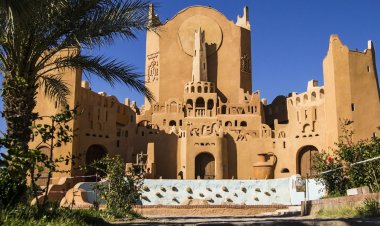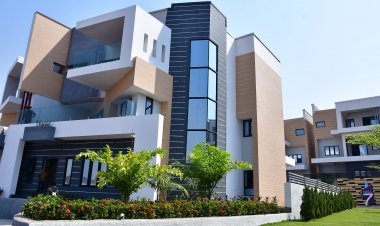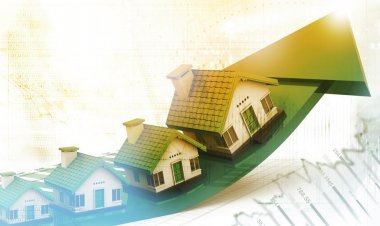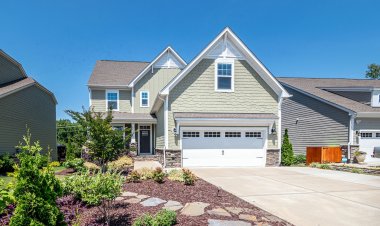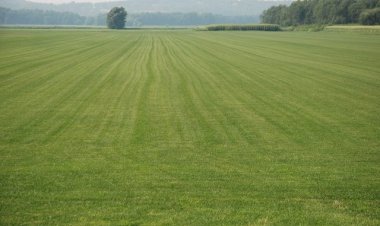Nigeria: Rent Hits All-Time High in South-South As Prices Continue to Increase
In the average annual increase witnessed in each state before the pandemic, the cost of rent increased by more than 50% on renovated structures and by 100% on new buildings.
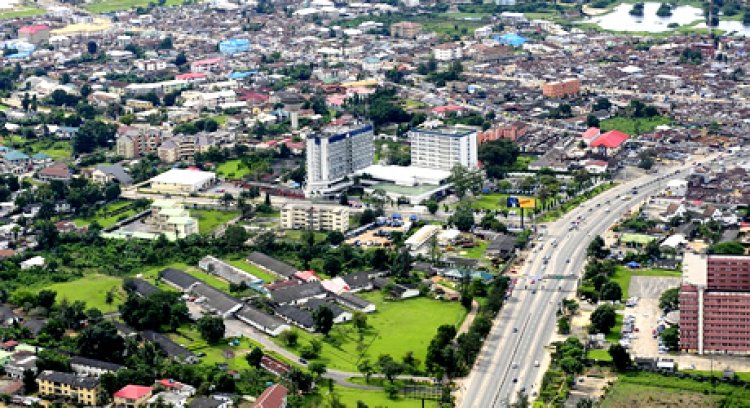
Housing rent throughout the South-South geo-political zone of Nigeria has grown at its quickest rate in decades, according to industry observers, this is due to the rise in the inflation rate, which affects the cost of construction and building materials.
In the average annual increase witnessed in each state before the pandemic, the cost of rent increased by more than 50% on renovated structures and by 100% on new buildings.
Many landlords and property owners are exploiting the situation to increase rents, while some tenants are being compelled to move to the city's outskirts to avoid properties whose costs are on the high side in the more developed neighborhood.
House rents in most areas of Akwa-Ibom, Delta, Edo, and Rivers states have grown by more than 100% in the past 18 months.
The rising cost of raw materials such as reinforcements, cement, finishing, paint, and other components, which have risen by more than 300 percent in recent years, hasn't helped. The current economic condition has caused property owners to increase their rents.
Over 80% of Nigerians currently spend more than 35% of their salary on housing, leaving little money for basic needs such as food, medical care, education, clothing, and other essentials.
According to findings, the average three-bedroom flat in some of the most affluent areas, such as the Government Reserved Areas, (GRA) which was originally N400,000, has climbed to N700,000, and in many other areas, N1 million each year.
A two-bedroom apartment that used to cost N200,000/N250,000 now costs N450,000 and up, while a one-bedroom apartment that used to cost N150,000/N180,000 now costs N300,000 and higher.
Those who moved to the suburbs caused scarcity of affordable housing in those areas, with prices of units available reaching new highs.
According to the chairman of the Nigerian Institution of Estate Surveyors and Valuers (NIESV) Edo State chapter, Melody Odumah, housing supply had decreased due to the high cost of construction, and many people who were using their income to build houses could no longer do so.
"There is inflation everywhere," Odumah explained, "which has contributed to an increase in the prices of building materials." Those who formerly made money through other kinds of business are no longer able to do so due to the increasing price of materials. As a result, rather than building houses, people focus on the more important things.
"Investors hoping to get loan repayment from tenants" If you could construct a property for N5 million in the past, you may pay more than N15 million presently.
He highlighted that population is expanding by the day, and that the demography is shifting, with many young people increasingly separating from their parents to find their own homes.
Mr. Onukak Bassey, an estate surveyor, and valuer based in Akwa-Ibom state in the south-south region of the country said that in more developed areas of Uyo, such as the Udo-Udoma vicinities, Shelter Afric Estate, Ewet Housing Estate, Aqua-Ima, and Abak Road Housing Estate, there has been a 50 to 150 percent increase, depending on the property's amenities.
A one-bedroom flat, for example, costs N300,000 to N400,000, a two-bedroom N500,000 to N700,000, and a three-bedroom N800,000 to N1.2 million. It costs around N1.5 million and above for a three-bedroom bungalow. "A two-bedroom duplex costs N2. 5 million, and the main duplex costs N3 to N4. 5 million," he said.
He went on to say that while rents are rising, it isn't affecting everyone in Uyo because some houses are asking for buyers, while others are opting for distressed properties for sale.
Bassey advocated for a robust government housing policy that would allow for the building of low - to - medium housing funded by loans for the general public, making housing more affordable and accessible.
He emphasized the importance of a housing sector which covers both public and private sectors.
Mr. Hamilton Dieme Odome, chairman of the NIESV Rivers State branch, explained that the growth in rent is a result of supply and demand, with Lagos and Abuja benefiting the most. However, he claimed that rent had remained consistent, with a five-bedroom duplex in posh neighborhoods costing N5 million to N10 million, largely depending on available amenities, and a three-bedroom apartment in the GRA costing N2. 5 million to N3 million.
He claims that a two-bedroom house in the same area costs N1.5 million and that prices decrease when one moves further away from GRA.
A one-bedroom flat on the outskirts can cost anywhere between N500,000 and N300,000. When demand is high and supply is inadequate, rent will increase. In this scenario, there is not sufficient demand to need a change."
There are only a few populations in need of homes. Companies used to provide housing for their employees, but no longer do so. He made the observation that once you approach the GRA in Port Harcourt, you would be surprised to see the number of service apartments that have been vacated by expatriates.
Mr. Chris Okolo, the chairman of NIESV in Delta State, said rent, which is a return on investment in commercial real estate, can not function independently from the country's socio-economic environment, particularly the current hyperinflation and currency devaluation.
If you have a real estate press release or any other information that you would like featured on African Real Estate Blog Post do reach out to us via email at [email protected]










